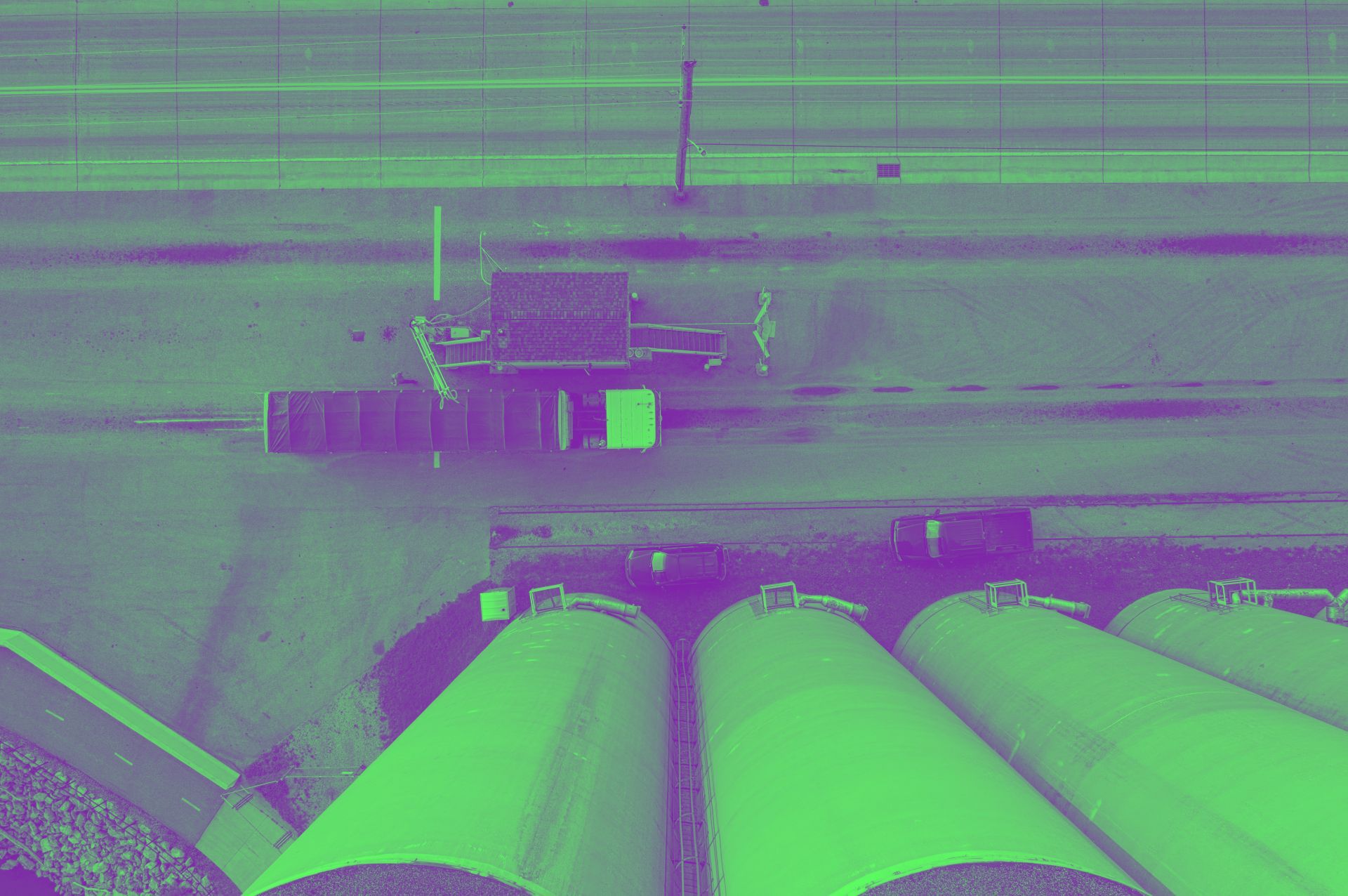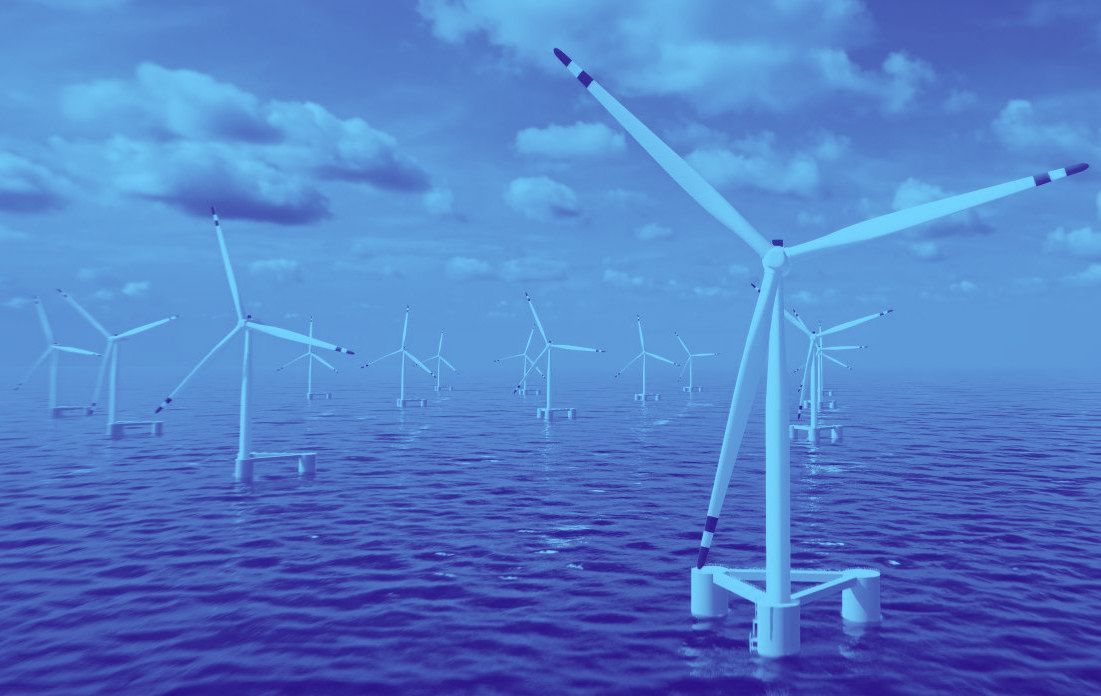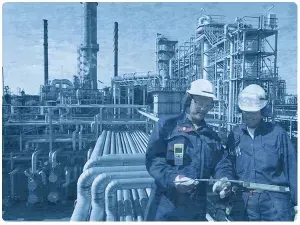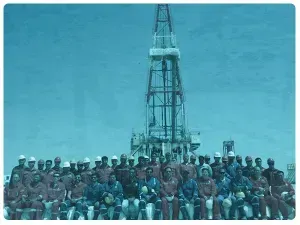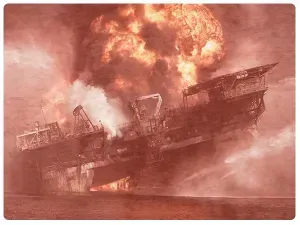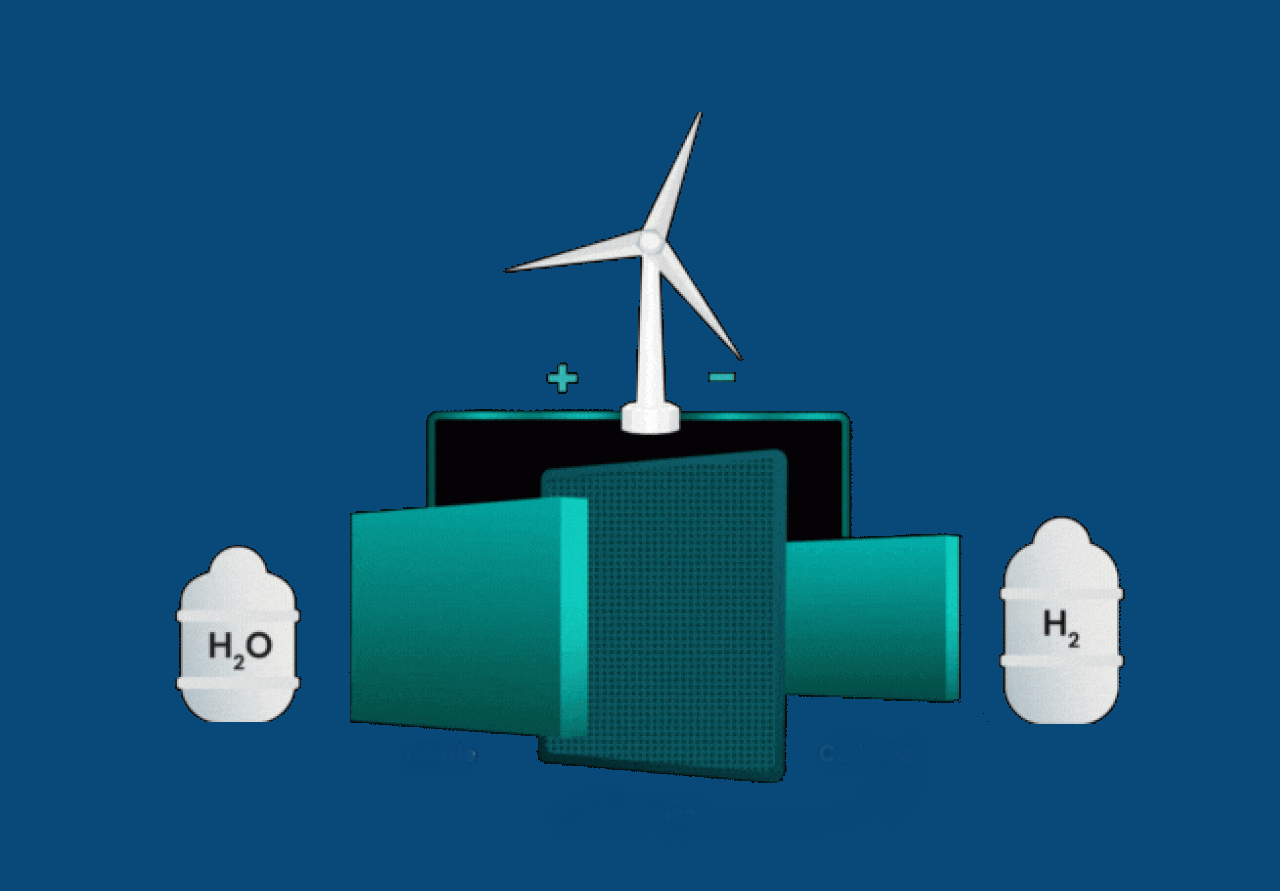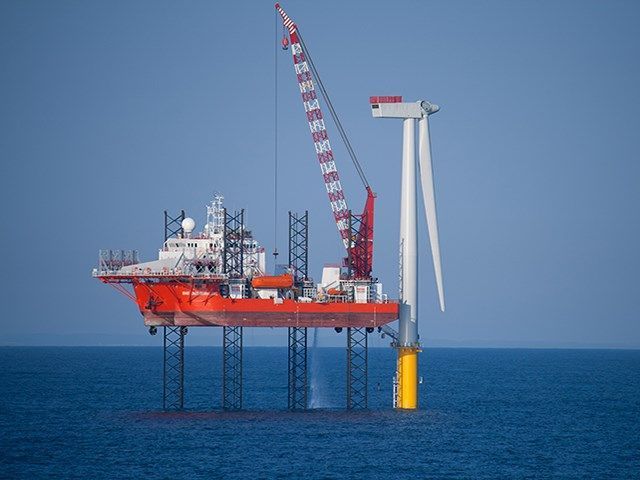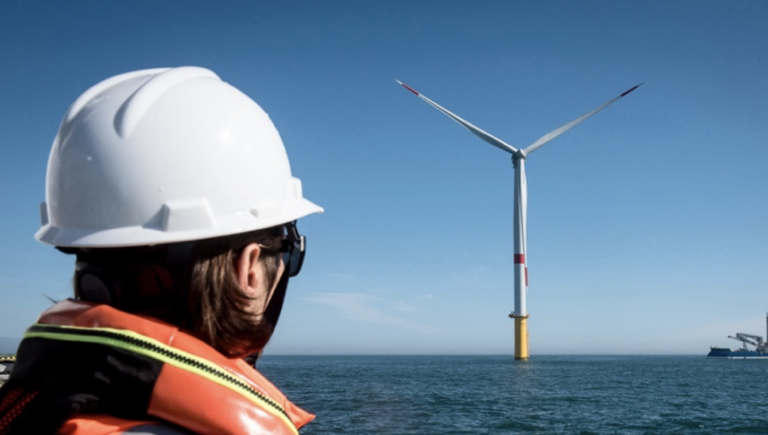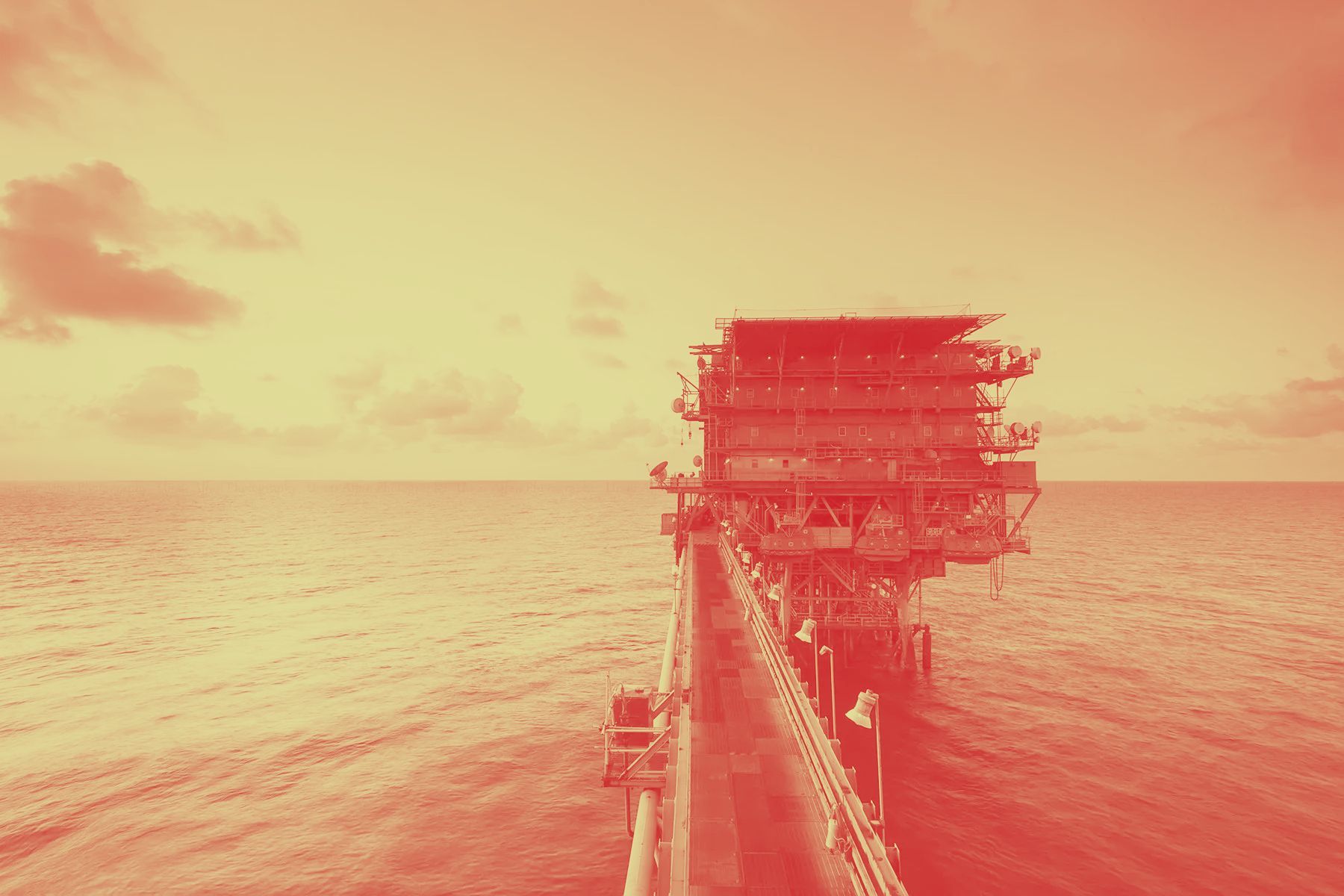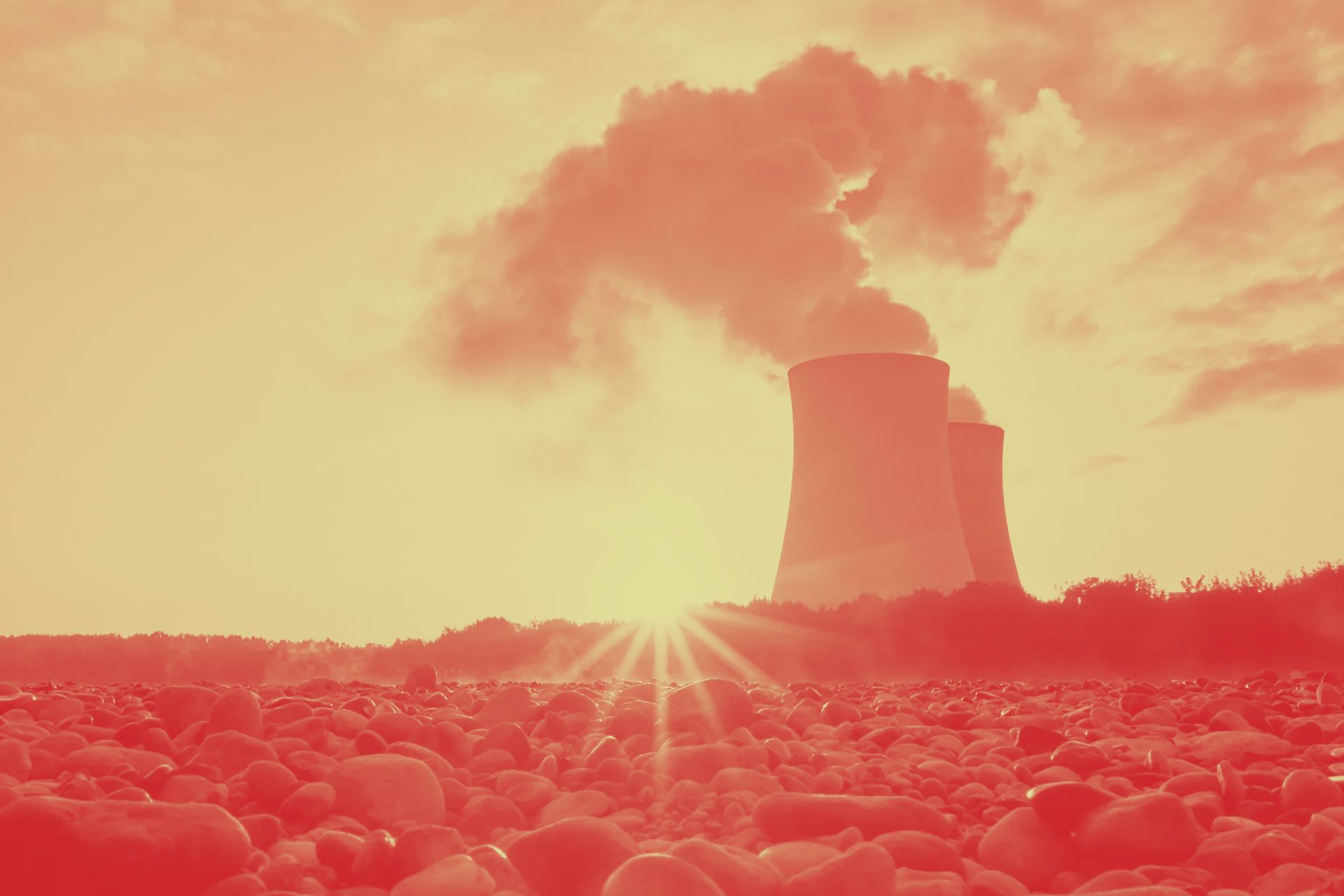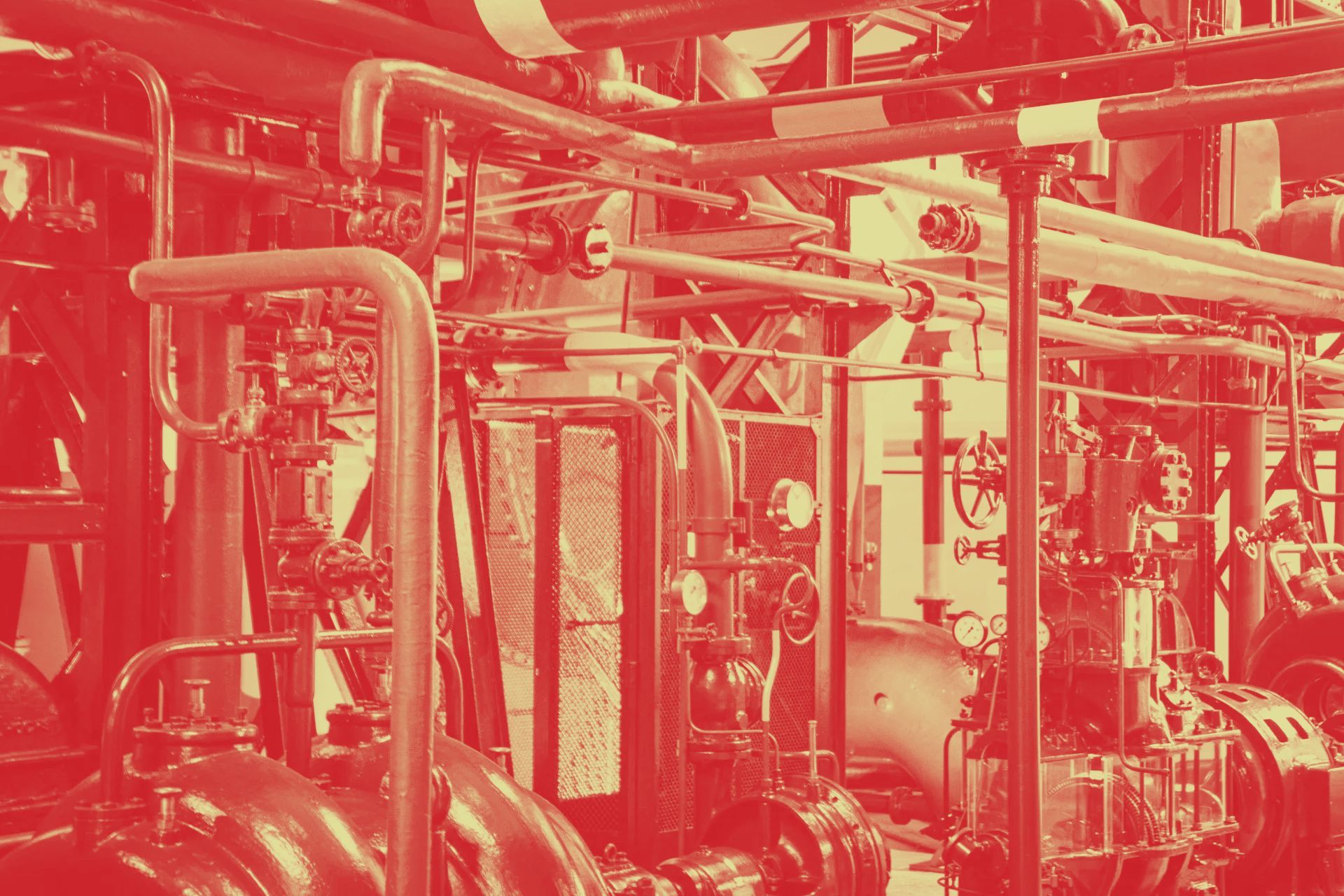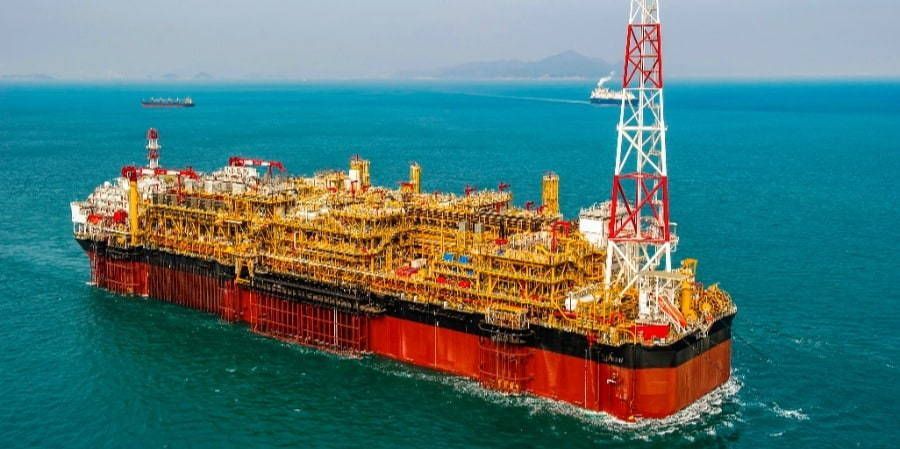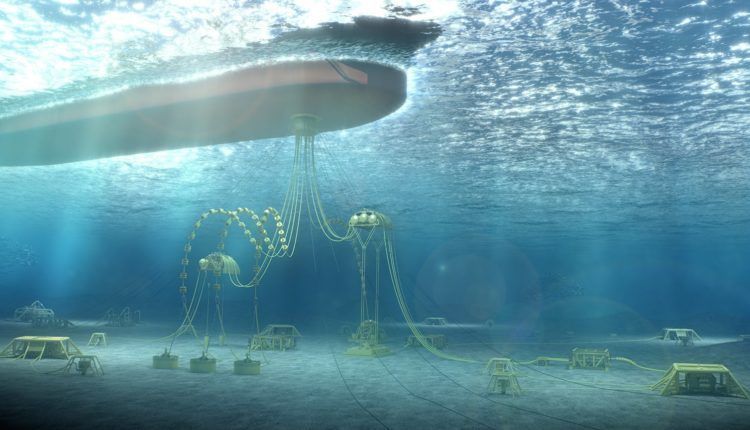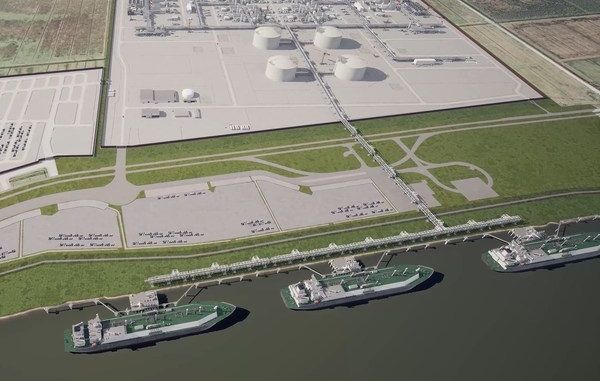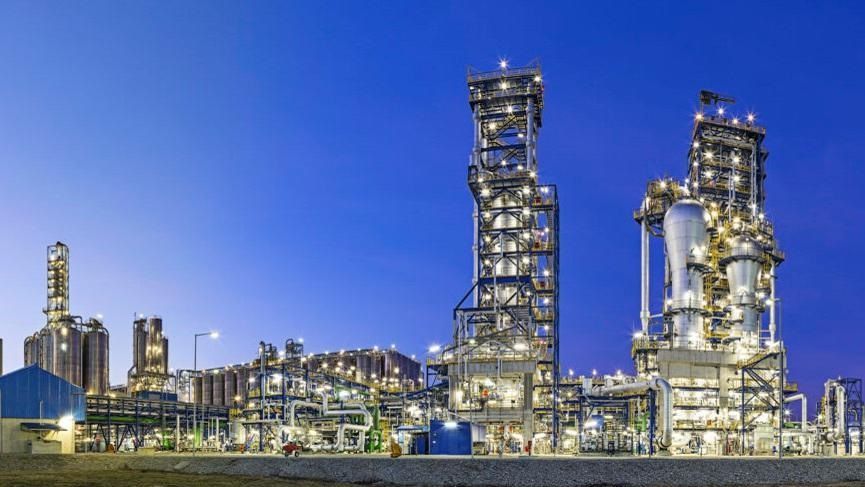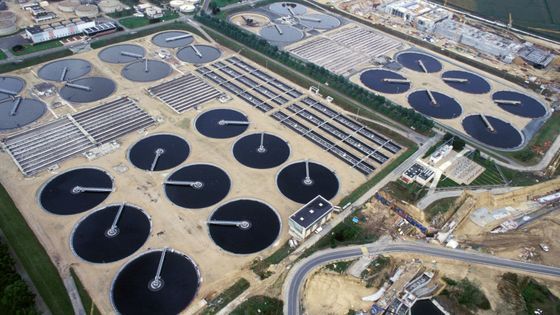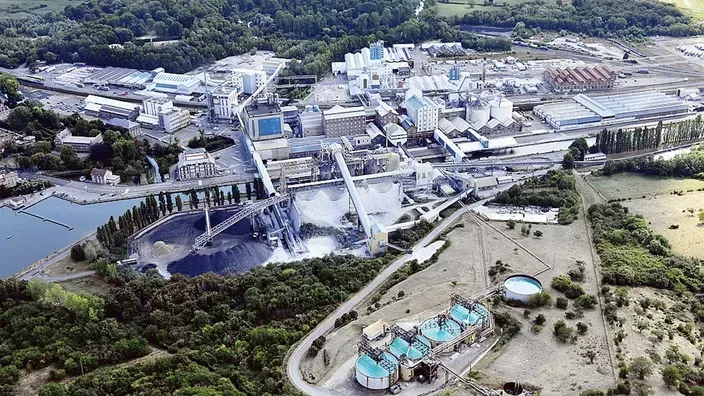
Engineering
- Disciplines :
Structure, Welding, Fabrication, Piping, Mechanical, Process, Elec. & Instrum., Civil, Naval & Marine, Draftsman & Designer
- Inspection & QC
- Maintenance
- Subsea:
SURF, Diving, Installation, SPS, ROV
- Material:
NDT, Coating, Corrosion, Painting

Supply Chain
- Buyer & Procurement,
- Package & Expediting,
- Logistics, Transit

Project Management
- Project Engineer & PMO,
- Cost & Project Control,
- Planning,
- Contract & Subcontract,
- Quality,
- HSE,
- Document control
- x
- x
- x
On site Construction
- Supervisor,
- Project Site Management,
- Commissioning,
- Preparator
Join Abyss
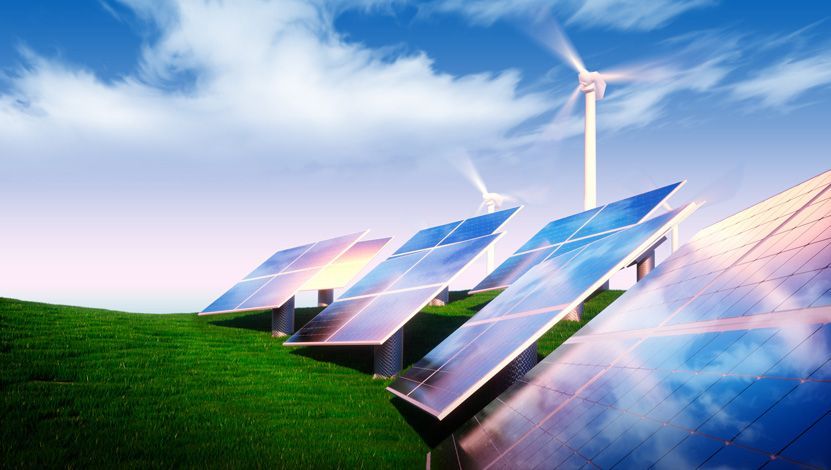
Renewable
Energy derived from natural processes in perpetual renewal, particularly those of solar, wind, hydraulic, geothermal or vegetal origin (wood, biofuels etc.).
Renewable energy sources include solar (photovoltaic or thermal), wind (wind turbine), river and ocean water (hydraulic, tidal, etc.), biomass, whether solid (wood and biowaste), liquid (biofuels) or gaseous (biogas), as well as heat from the earth (geothermal) and heat extracted by heat pumps.

Wind
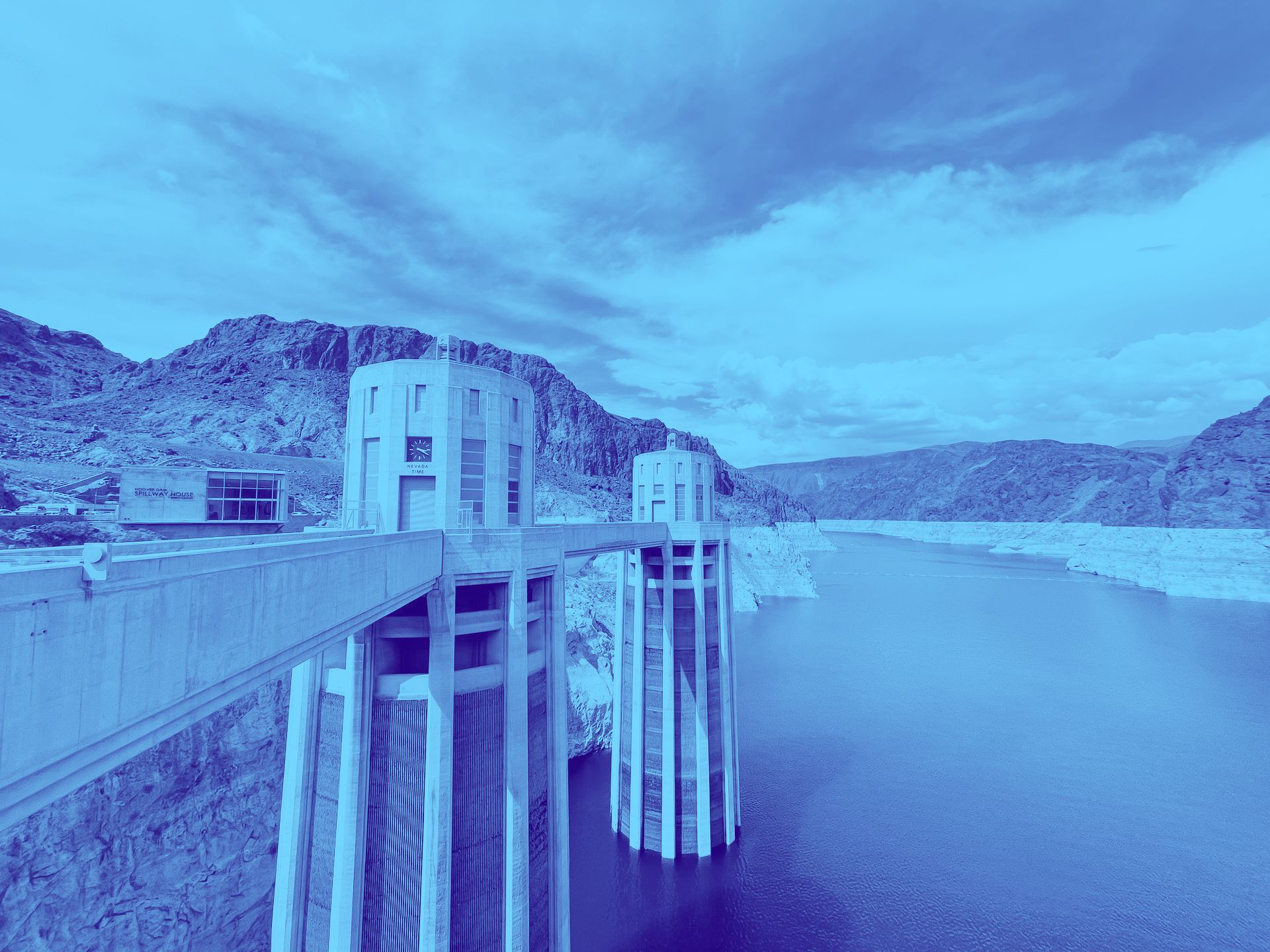
Hydropower

BioEnergy

Solar
They Trust Us
Latest Jobs
Latest Blogs
Energy
Primary energy includes all energy products not transformed, directly exploited or imported. It mainly includes crude oil, oil shale, natural gas, solid mineral fuels, biomass, solar radiation, hydraulic energy, wind energy, geothermic energy and the energy taken from uranium fission.
Globally, the three most consumed energy sources are oil, coal and gas. They are fossil and non-renewable: they depend on raw materials buried underground, resulting from the decomposition of organic matter over millions of years.
Oil tops the list of most consumed energies, largely to be transformed into fuel for our means of transport. The second is coal, even if it is little exploited in France. It is used to generate electricity. Natural gas comes in third place and is mainly used for heating and cooking.

They Trust Us
Latest Jobs
Latest Blogs

Environment & Process
In 2016, one-fourth of the businesses in France recognised unprompted that their activity had a significant or very significant impact on the environment.
This impact most often occurs as waste production, climate change, air pollution or noise pollution. Their awareness causes businesses to take action in favour of the environment: those that recognise the greatest impact are also those that take the most measures. This is the case, in particular, in the energy and environment sectors, in transport, and in real estate, agro-foods and restaurant services.
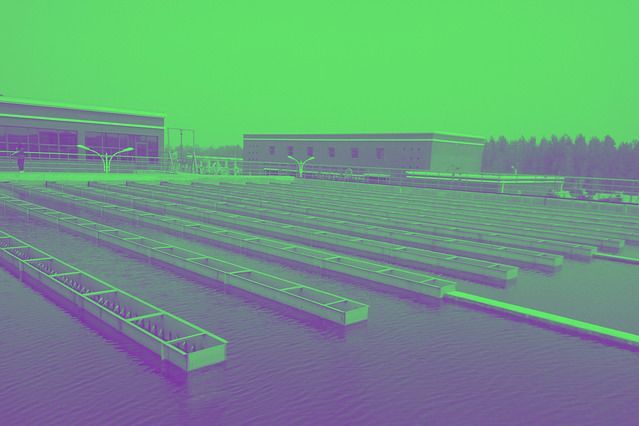
Water Treatment
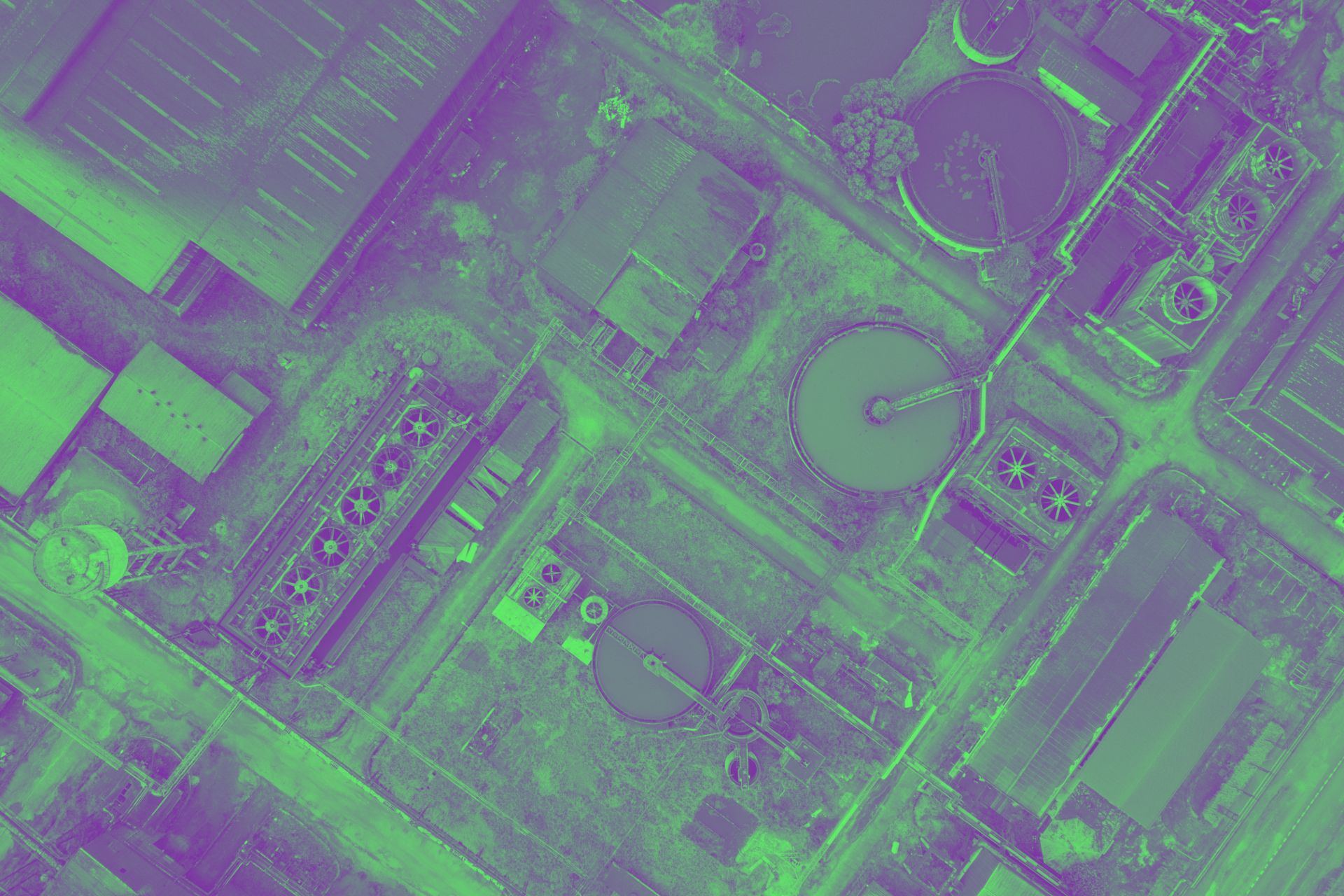
Waste Treatment
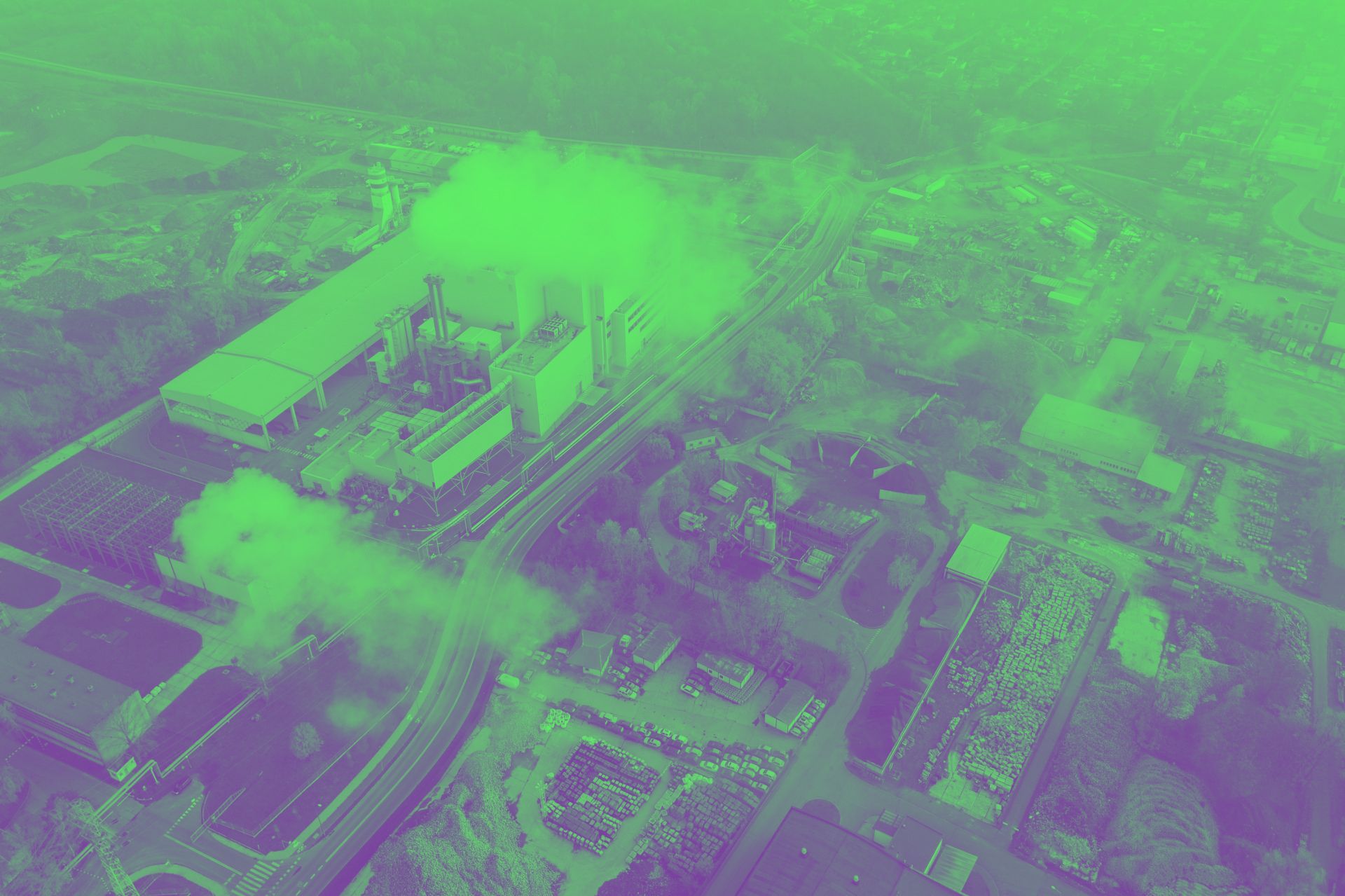
Chemicals
